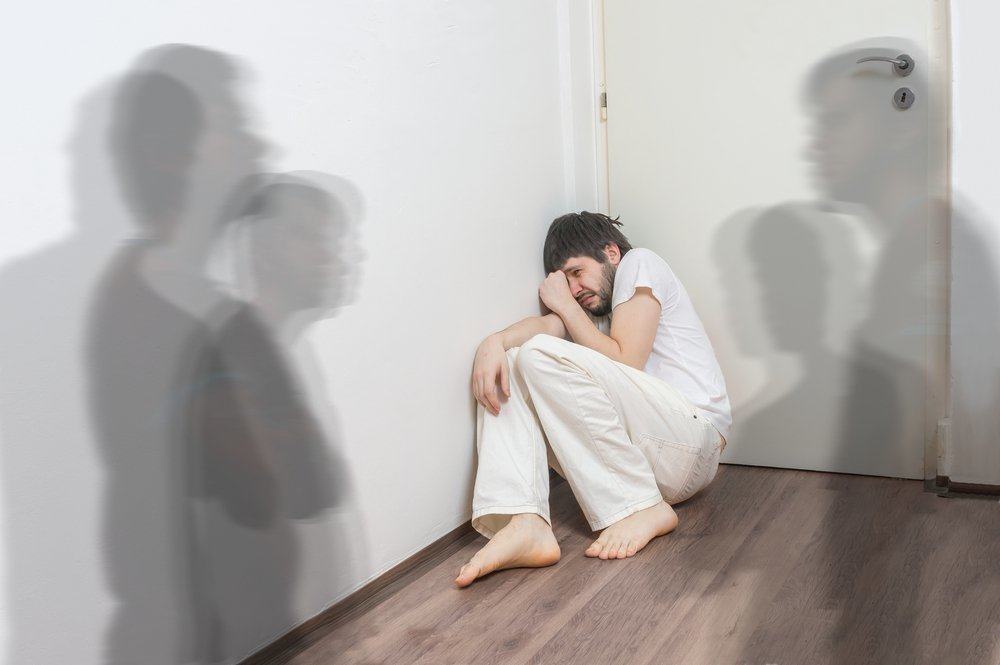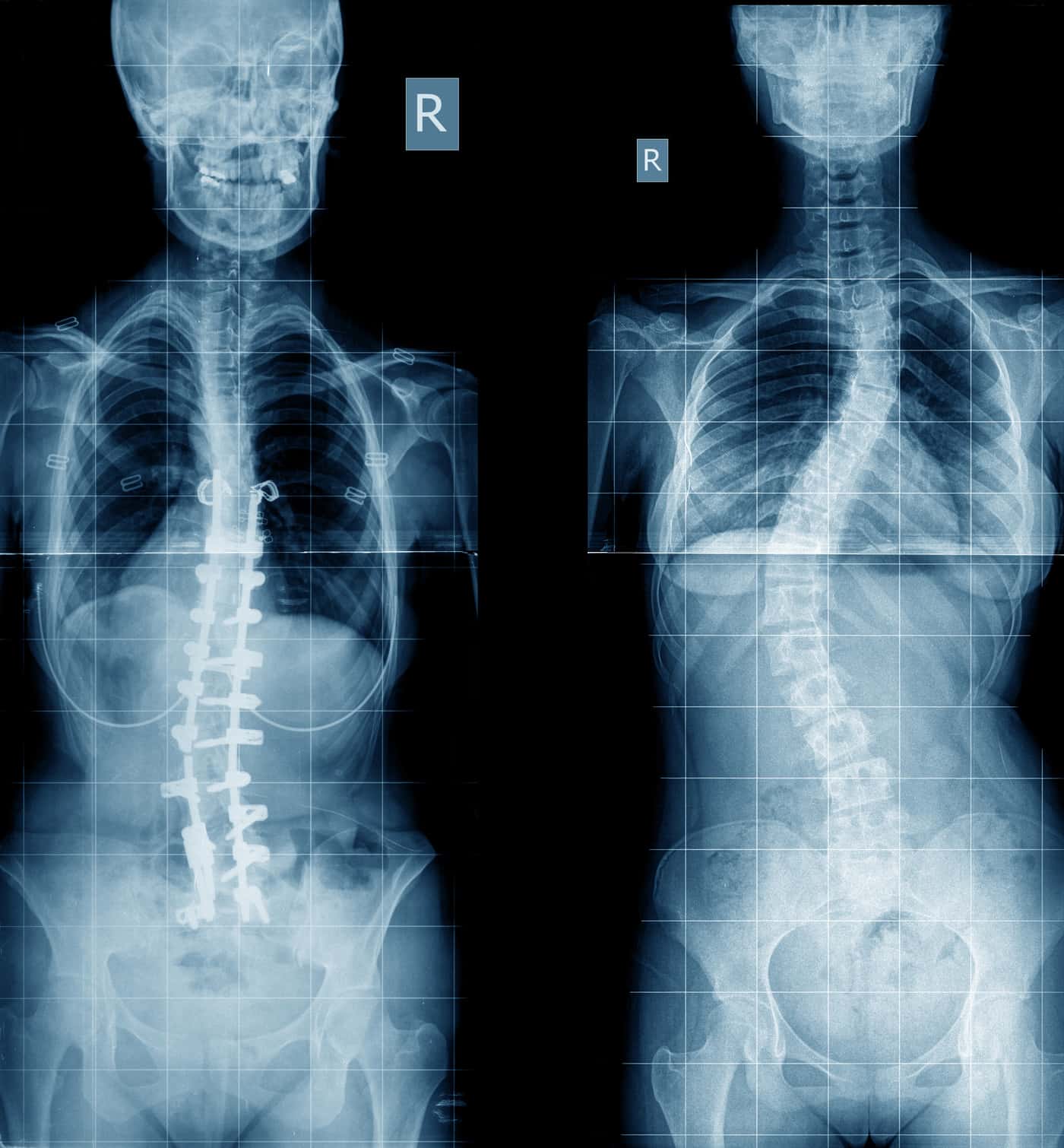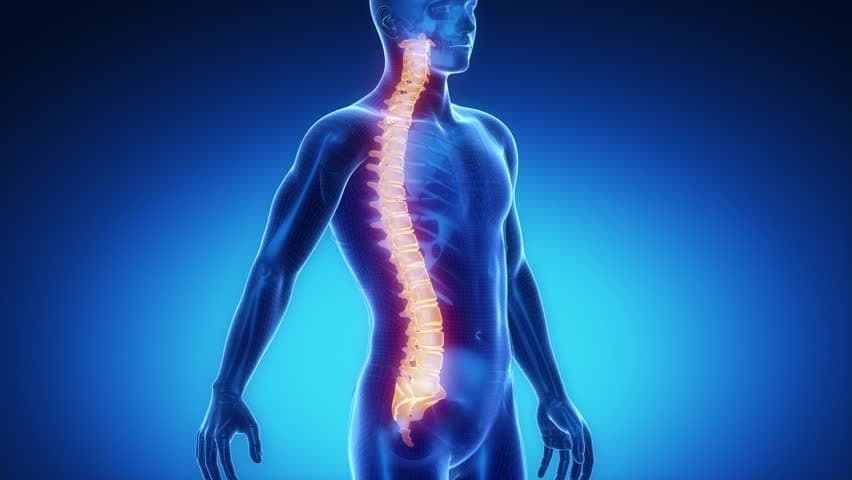Contents:
- Medical Video: Various Causes of Hallucinations While Sleeping and How to Treat It
- Various causes of hallucinations
- 1. Schizophrenia
- 2. Parkinson's
- 3. Alzheimer's and other forms of dementia
- 4. Migraine
- 5. Brain tumors
- 6. Charles Bonnet Syndrome
- 7. Epilepsy
- 8. Disability
- 9. Post-traumatic stress disorder (PTSD)
- Medications can also trigger hallucinations
- What needs to be done when experiencing hallucinations
Medical Video: Various Causes of Hallucinations While Sleeping and How to Treat It
Hallucinations are perceptions of sound, smell, vision, taste, and feelings that we feel, even though in reality there is really no physical. This sensation can occur without any stimulus or encouragement. Basically, the origin of the word "hallucinations" contains two elements, namely dreams and confusion. Therefore, hallucinations can be interpreted as something that is not real, confusing, and temporary. There are many causes of hallucinations, one of which is from mental illnesses such as schizophrenia or nervous system problems such as Parkinson's disease. To find out what are the factors that cause hallucinations, let's look below.
Various causes of hallucinations
1. Schizophrenia
More than 70% of people suffering from this mental disorder will experience visual hallucinations, and around 60-90% can hear voices that actually don't exist. However, some may also smell and taste something that is not there.
2. Parkinson's
Up to half of the people who have this condition sometimes see things that really don't exist.
3. Alzheimer's and other forms of dementia
Both of these diseases cause changes in the brain that can bring a person to hallucinations. This may often occur if the disease you experience is getting worse.
4. Migraine
About a third of people with migraine headaches have "aura", a type of visual hallucination. The aura usually looks like a colorful crescent moon.
5. Brain tumors
Hallucinations can occur depending on the location of the tumor in the brain. If the tumor is in an area related to vision, you can have visual hallucinations. You might see spots or light. Tumors in other parts of the brain can also cause olfactory and tasting hallucinations.
6. Charles Bonnet Syndrome
This condition causes people who have health problems such as macular degeneration, glaucoma, or cataracts to experience visual hallucinations. At first, you may not realize that it is hallucinations, but in the end you will find out that the thing you are seeing is not real.
7. Epilepsy
Seizures accompanied by epilepsy can make you more likely to have hallucinations. The type you get depends on the part of the brain that is affected.
8. Disability
People with very specific sensory problems, such as blindness or deafness often experience hallucinations. People who are deaf often say that they hear voices. Similarly, they have experienced amputation of the legs, they will feel phantom limb (hallucinations have amputated limbs) and even phantom pain (hallucinations feel pain in limbs that don't exist).
9. Post-traumatic stress disorder (PTSD)
Those who have PTSD often experience flashbacks. When they hear certain sounds or detect certain odors, they will recall the trauma they experienced, such as during war and accidents, and may have strong flashback hallucinations from certain events. When experiencing tremendous stress and when grieving, some people hear sounds that are reassuring and can calm them down.
Medications can also trigger hallucinations
Besides various diseases above, substances and drugs, including alcohol, marijuana, cocaine, heroin and LSD (lysergic acid diethylamide) can also induce hallucinations. Brain scientists know that stimulating certain parts of the brain can cause hallucinations of numbness, tingling, heat, or the flow of water. Patients with brain damage or degenerative problems may experience olfactory hallucinations (almost always in unpleasant smells) or aural gustatory (tasting hallucinations) that may be pleasant or unpleasant. Likewise, certain neurological problems, from epilepsy that are relatively common to rare diseases of Ménière, have been associated with hallucinations that are very specific and sometimes strange.
What needs to be done when experiencing hallucinations
If you experience hallucinations, it's good to consult a doctor. Your doctor may prescribe pimavanserin (Nuplazid). This drug has been effective in treating hallucinations and delusions associated with psychosis which affects some people with Parkinson's disease.
A session with a therapist can also help you. For example, cognitive behavioral therapy, which focuses on changes in thinking and behavior, helps some people to manage their symptoms better.
READ ALSO:
- Somatoparaphrenia, Syndrome Does Not Recognize Own Body
- Shopaholic: Mental Disorders or Just Hobbies?
- Various Ways to Overcome Elevated Phobias (Acrophobia)












